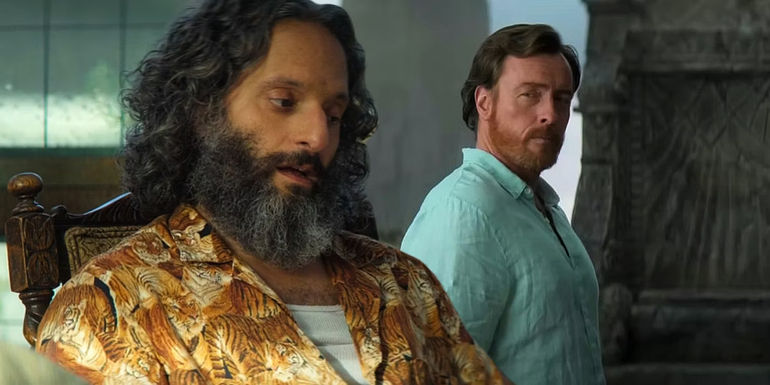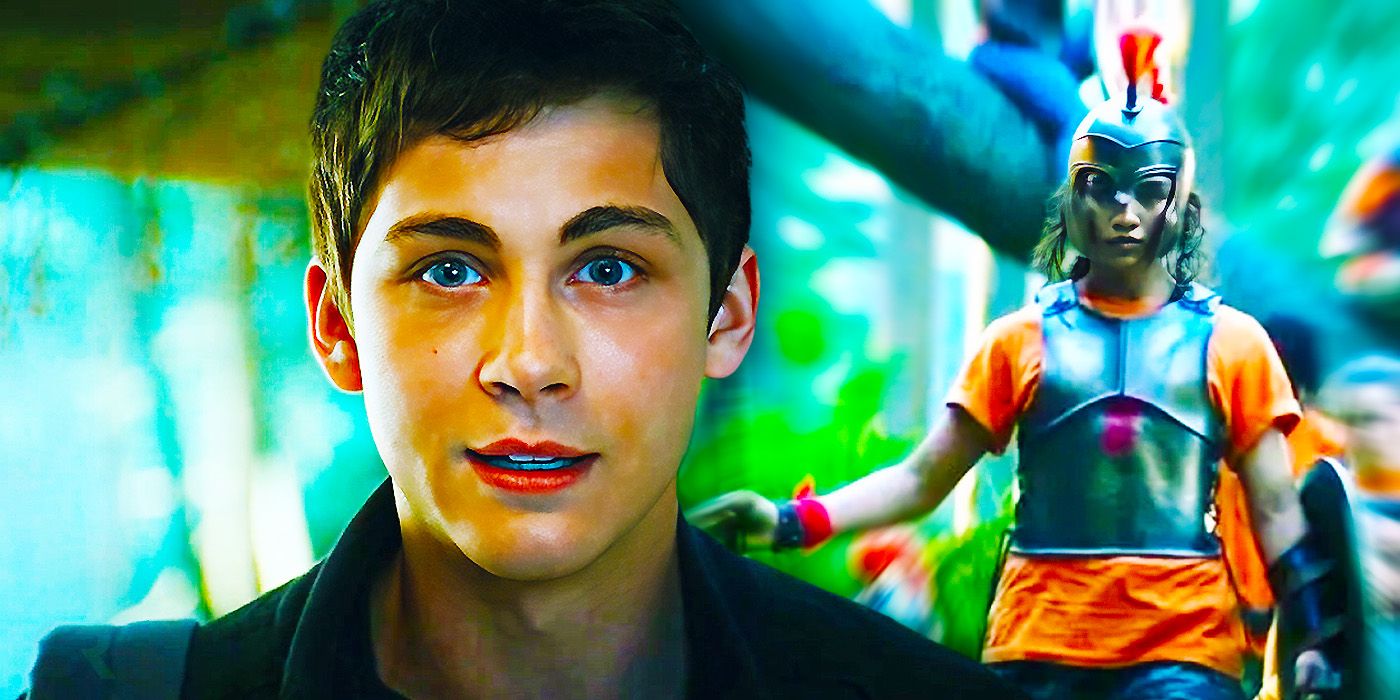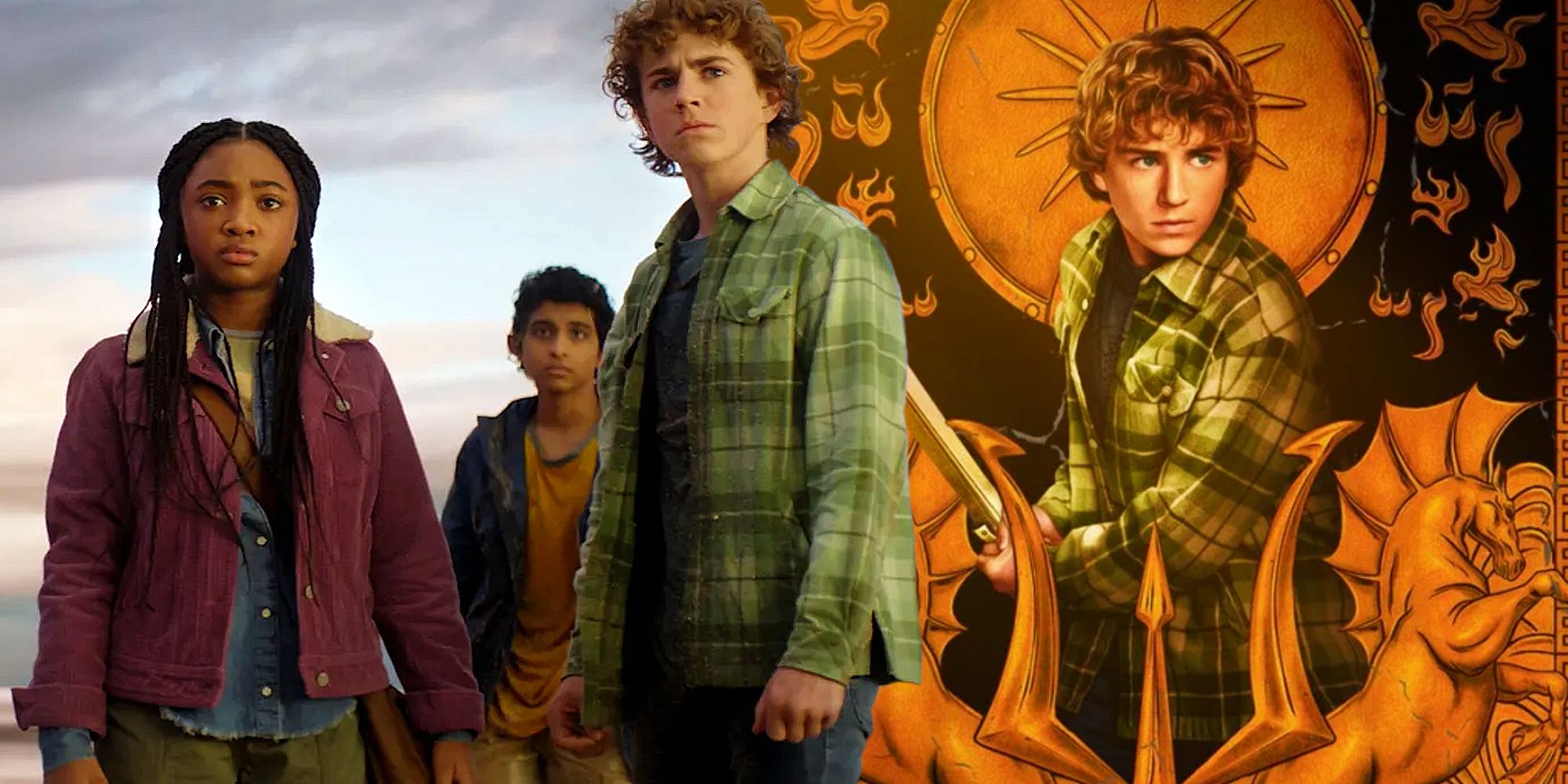
Percy Jackson and the Olympians: The Complex Portrayal of Greek Gods

Percy Jackson and the Olympians beautifully captures the complexities of Greek gods and their flawed nature. The adaptation does justice to Rick Riordan's original stories by highlighting the gods' selfishness, parenting flaws, and emotional arcs. This article delves into the intricate portrayal of the Olympian gods in the TV show and their significance in shaping the characters' emotional journeys.
The Intricate Depiction of Percy Jackson's Greek Gods
Percy Jackson and the Olympians, the highly anticipated TV adaptation of Rick Riordan's beloved book series, has garnered attention for its unique portrayal of the Greek gods. Despite only two gods physically appearing in the initial episodes, the show skillfully captures the essence of the Olympian gods through their strong presence and flawed nature. The series maintains the best elements of the original stories by depicting the gods with all their imperfections, a key aspect that sets it apart from other mythological adaptations.
Poseidon and Dionysus as seen in Percy Jackson and the Olympians season 1
The gods in Percy Jackson's world are depicted with a strong emphasis on their less-than-admirable qualities, portraying them as flawed and often selfish beings. This approach mirrors the best aspects of the original books, where the gods were not idealized, benevolent figures, but rather flawed and complex characters. The show continues to capture the essence of the original stories by exploring the gods' imperfections, bringing depth and nuance to the portrayal of these mythical beings.
Lin-Manuel Miranda as Hermes and Lance Reddick as Zeus in Percy Jackson and the Olympians
The Olympians' Complexities: Selfishness and Parenthood
One of the most intriguing aspects of Percy Jackson and the Olympians is its portrayal of the Olympian gods' inherent flaws, particularly their issues with selfishness and parenthood. The series adeptly translates the original books' portrayal of the gods as more human than divine, delving into their struggles with selfish behavior and their often strained relationships with their demigod children.
The character dynamics, such as Percy's resentment towards Poseidon and Annabeth's strained relationship with Athena, highlight the flawed parent-child relationships within the realm of Greek mythology. These parental issues are woven into the narratives of every demigod, emphasizing the gods' shortcomings as parents. Additionally, the show skillfully brings to light the gods' selfish acts, exemplified through Medusa's story and the skewed sense of justice displayed by the Olympians.
The Importance of Flawed Gods in Percy Jackson's Story
The portrayal of the Greek gods as flawed individuals holds significant importance in shaping the overall narrative of Percy Jackson and the Olympians. It adds depth and complexity to the gods themselves, providing them with emotional arcs and contributing to the evolving character dynamics. The flawed nature of the gods also serves as a catalyst for the emotional journeys of characters like Percy, Annabeth, and Luke, as they navigate their relationships with their divine parents and undergo profound changes within themselves.
Moreover, the portrayal of flawed gods lays the foundation for the characters' development throughout the series, setting the stage for their transformation and growth. This nuanced approach to character development and familial relationships enriches the storytelling and paves the way for compelling character arcs within the Percy Jackson universe.















